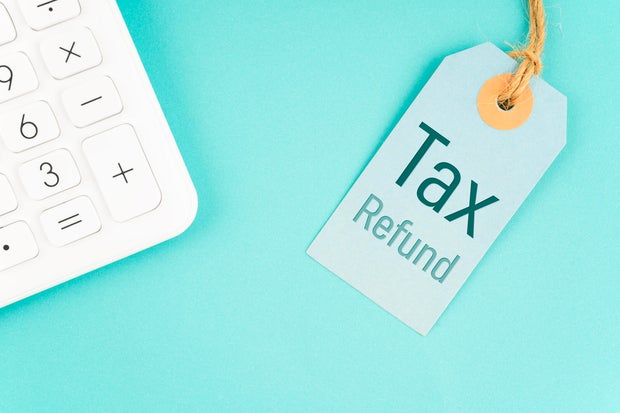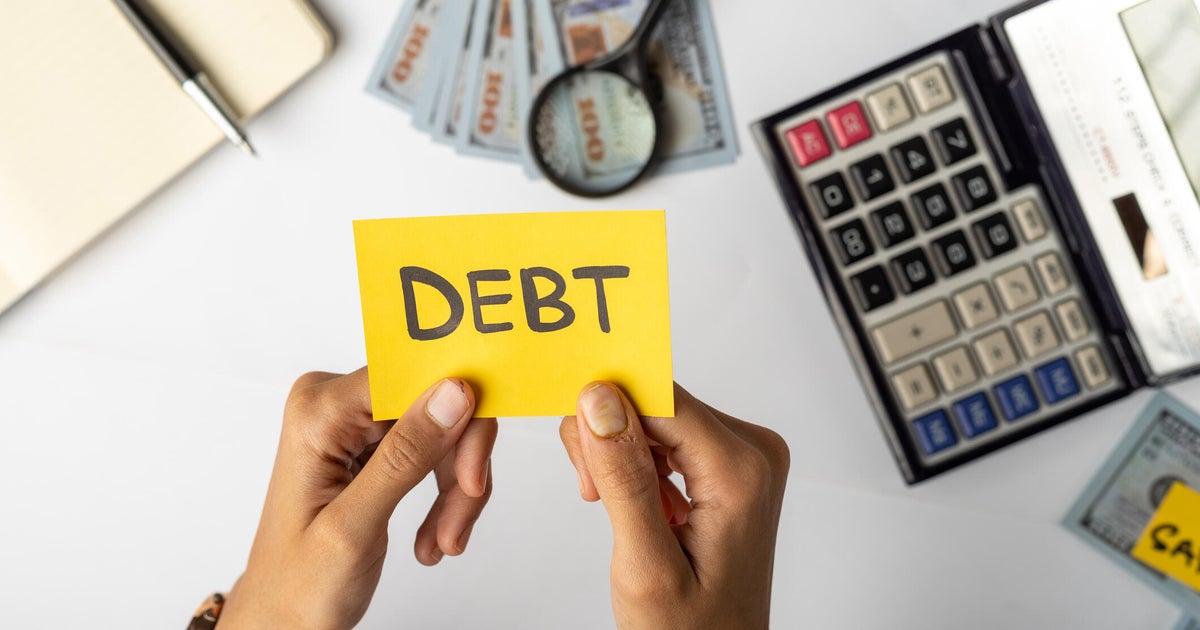Should I pay off debt collectors with my tax refund?
More and more Americans are finding themselves stuck dealing with collection debt. According to a recent study from TransUnion, more than half of all debt collectors saw their number of accounts "increase or increase significantly" over the past 12 months. With so many new accounts being assigned to debt collectors, it's clear that lots of people are struggling to make their debt payments.
If you find yourself in that position, you're likely feeling the stress and anxiety that comes from dealing with debt collectors. As a result, you may be eager to pay down what you owe your debt collectors, and may even be considering using the funds from this year's tax return to pay off that debt.
The desire to pay off your collection accounts is understandable, as paying off debt collectors would stop the collection calls and letters that come with this type of debt. Before you use your tax refund to pay off your debt, though, it's important to understand when it may and may not make sense to do that.
Get help from a debt relief expert here.
Should I pay off debt collectors with my tax refund?
Whether or not you should use your refund to pay off your debt collectors depends on your circumstances. It may be a good idea in certain cases, but in other cases, it may not be the best plan.
When you should pay off collection debt with your tax refund
While it ultimately depends on your overall financial health, it might make sense to use your tax refund to pay off your collection debt if:
You have one balance in collections
If you have a single account in collections and your tax refund can pay off your balance in one lump sum, it could be worth it to pay off the account. Since you only have a single account with a debt collector, paying off the account will give you a fresh start. You'll no longer have to deal with the stress of a collections agency contacting you about repaying your debt, provided you manage your debt well in the future and resolve any late or delinquent accounts before they reach collections.
However, there's one thing you may want to do before paying off your balance: negotiate. Some debt collectors buy debts at a fraction of the balance and are more willing to accept a lump sum that's less than what's owed, so you may be able to pay less than the amount that the debt collector is asking for.
Find out how to get help with your collection debt today.
You can set up a payment plan with your debt collector
Paying off your collection balance through a lump sum isn't the only way to resolve your collection debt. Some debt collectors may be willing to set up a payment plan with monthly payments that let you chip away at what you owe, says Dean Kaplan, president of debt collection agency The Kaplan Group.
To make this approach work, consider putting your tax refund in a savings account where you can make monthly transfers equal to the monthly payment required on the collection account. Not only will this method help you pay down your debt, but it can stave off a lawsuit you might otherwise find yourself facing if you didn't take action, Kaplan says.
"If a debt collector has contacted you, you may want to use some of the refund to start making monthly payments on that debt," he says. "This will keep the collector from escalating this to a lawsuit, which would be damaging to your credit rating and also cause additional costs."
When you shouldn't pay off collection debt with your tax refund
While using your tax refund to pay off a collection balance or cover the cost of a monthly payment plan is a solution for some, it's not a good fit for every taxpayer. In general, it may not make sense to use your tax refund to pay collection debt if:
You're struggling to pay for basic expenses
Should you find yourself deciding between using your tax refund for necessary expenses or your collection debt, save that money for what matters, Kaplan says.
"If you are living on the edge, concerned about where money for rent or food is going to come from, then it doesn't make sense to pay a debt collector," he says.
Rather than using your tax refund to get rid of your collection debt, consider working with debt relief company instead. For example, if you qualify for a debt forgiveness program through a debt relief company, the experts you work with will formulate a debt forgiveness plan that helps you save for and negotiate lump-sum settlements with your creditors. If successful, this type of debt relief could lower your balance by 30% to 50% on average.
You have an imminent big expense or a possible income loss
If you know that you have a sizeable expense you have to pay for in the next few months and don't have available savings to cover the cost, consider saving your tax refund to pay for that upcoming expense. That helps you avoid borrowing money to cover it, which would cause you to fall further into debt.
It might also be wise to hold on to your tax refund if you're concerned about losing your job soon, according to Kaplan. "If your job might be in jeopardy or you have an unavoidable large expense (such as health-related) in your near future, it may be better to save the refund for the rainy day," Kaplan says.
Remember, though, that you'll still be on the hook for the balances you owe your debt collectors. If you're able to negotiate payment plans with them, the predictable monthly payments may be a good solution for your wallet and for keeping your debt collectors happy. However, if you're uncomfortable with the idea of negotiating with debt collectors, it may be worth working with a debt relief company instead. Their trained professionals know how to handle negotiations with debt collectors, which could lead to better outcomes.
The bottom line
If you're dealing with collection debt, a tax refund can seem like a good way to pay off or pay down what's owed. If you've got a single account or can set up a payment plan, then using your tax refund could make a lot of sense. However, there are situations in which saving your tax refund may be the better option. In those cases, working with a debt relief company on solutions could be the better route to take.






